Introduction
Turkey meat is rich in a variety of nutrients ranging from riboflavin to the amino acid tryptophan. But can dogs eat turkey? The answer to this question is not so simple, so we suggest reading our article below for more information!
Is Turkey Good for Dogs?
Can dogs have turkey on a regular basis? No. However, plain and cooked turkey meat can make a great snack every now and then, especially for dogs that do not otherwise eat turkey-based diets. Here are some nutrients that this type of meat contains and that your dog can enjoy, too.
Vitamin B6
Vitamin B6 is involved in a variety of body processes and some studies even suggest that it might be able to prevent dementia and other degenerative neural diseases.
This nutrient also makes it possible for your dog’s body to produce hemoglobin a lot easier. Moreover, it improves pregnant dogs’ health status by alleviating nausea and promoting wellbeing.
Turkey has a 30% content of vitamin B6 in every 100 grams, and by comparison, chicken meat contains just 20%.
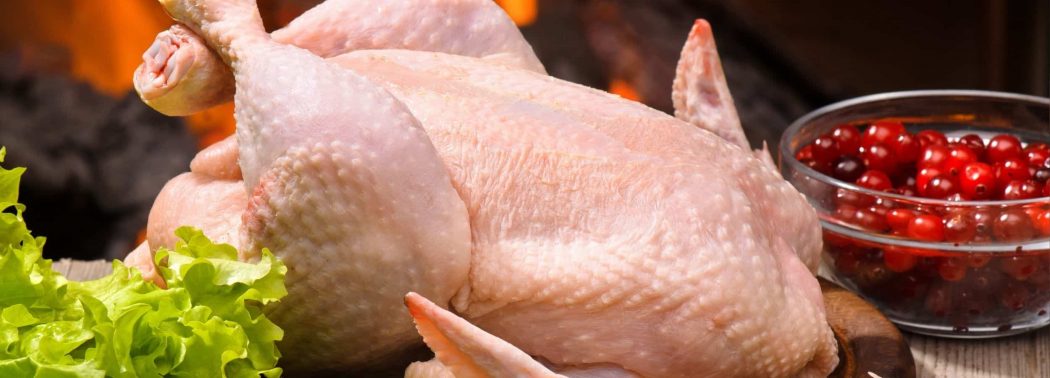
Calcium and Magnesium
All dogs need these two essential minerals to have healthy osteo-skeletal systems. In fact, these two nutrients are even more important for puppies as they are most likely to be predisposed to rickets.
Although the calcium content in turkey meat is quite low (just 1%), the 7% magnesium content should convince you that this can be a healthy treat.
Iron
While anemia caused by iron deficiency in dogs can be rather rare, iron is still an important nutrient. For example, it can improve a pet’s digestion, positively influence their immune system activity, and also regulate their body temperature.
Iron is an understated mineral, and while you should not supplement your dog’s diet without asking your vet about this, your pet can get it from turkey (6% in every 100 grams of this protein).
Cobalamin
The 16% cobalamin (vitamin B12) content in every 100g of turkey is another reason to give your dog this protein every now and then. Vitamin B12 can prevent osteoporosis, macular degeneration (which affects senior pets), and is also important for anemia prevention.
Cobalamin is particularly important for pregnant dogs as it can prevent significant birth defects in the litter.
Is Turkey Bad for Dogs?
While turkey is not in the least toxic to dogs, there are some risks that have to be considered — all of which we have showcased below.
Bacterial Contamination
Most pet owners know that raw meat (including raw turkey) shouldn’t be given to dogs as it can be contaminated with Salmonella, Escherichia, and other bacterial species.
However, this risk cannot be overruled unless you properly cook the turkey meat. If you lightly grill it, for example, it might still remain raw on the inside, and it could cause your dog a bout of digestive distress.
Bones
Deboned turkey is safe to feed to dogs, but you can’t feed your dog table scraps, including the bones — as they present a choking hazard and can also cause intestinal blockages.
Seasonings
Perhaps this is the most dangerous risk of all since lots of people think that giving their dogs the rest of the food that’s left from their Thanksgiving feast is perfectly safe.
Unfortunately, that couldn’t be farther from the truth. Dogs shouldn’t have ingredients that are in this dish, such as butter, garlic, onion, or whatever stuffings you might use. These can all be quite dangerous and can’t just create an indigestion episode — but can even lead to pancreatitis, a disease that’s practically impossible to treat.
How Much Turkey is Safe for Dogs?
If you feed your dog plain and completely unseasoned turkey meat, you probably have nothing to worry about. There aren’t any specific guidelines in terms of the amounts that dogs can eat regularly.
If you are having second thoughts about all this, the best way of going about things would be to give your pet half a cup of cubed plain cooked turkey per week.
You can even take the cubes with you to the park and practice a bit of training while you’re enjoying the outdoors with your dog.
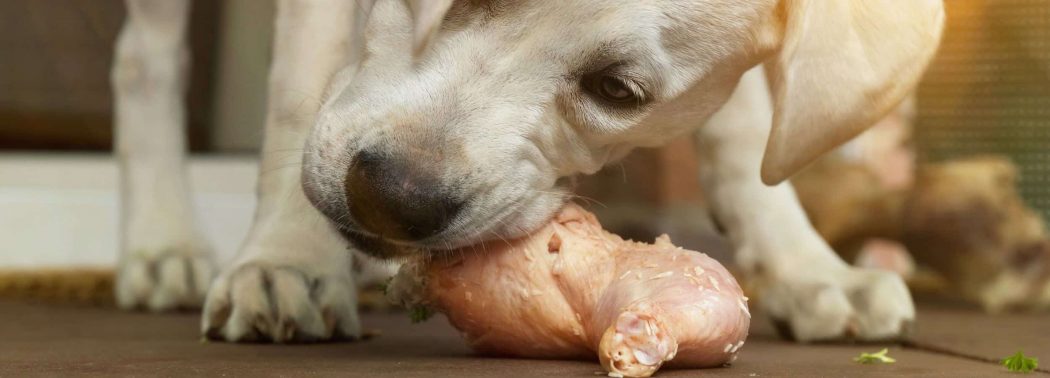
How to Prepare and Serve Turkey to Your Dog
When cooked properly, grilled, baked, or boiled plain turkey can be delicious and nutritious for dogs. These are the best preparation methods for pretty much any type of meat, not just this one.
You can make turkey sticks to give to your dog and bake them in the oven. You can even mix the ground turkey meat with some pumpkin and then bake them together. Pumpkin is a great food to give to dogs that have problems such as recurring diarrhea or chronic constipation as it contains healthy fiber.
Frequently Asked Questions
It depends on the circumstances. Raw turkey can be lethal in some cases, if it contains a particularly pathogenic bacterium or if the dog’s immune system is compromised. In most cases, the answer to this question is a no.
If it’s cooked without any seasonings or condiments, puppies can eat turkey every now and then. However, there are plenty of turkey-based puppy diets currently available so talk to your vet about the best ones you can pick.
In general, yes. Bland diets containing the water left over after boiling rice, for example, as well as plain steamed turkey can improve a dog’s upset stomach — especially if it is a recurring issue and you know for sure that your dog doesn’t have a gastrointestinal infection.
Small amounts can be safe when fed on a regular basis if you stick to the pieces of advice that we have already noted and feed turkey to your dog more like a snack rather than the main source of food.
It depends on the dog. Pets that have a history of allergies to various protein sources might react better to turkey but it should remain novel, which means that you shouldn’t give your dog this type of meat too often as they could become allergic to it.
If your dog is otherwise healthy and your dog didn’t eat an enormous amount of the turkey you’ve cooked for yourself, just watch out for any symptoms for a period of 24 hours. If any digestive distress occurs, go to the animal hospital right away.
If your dog is not healthy in general and already has several other chronic conditions, go to the vet clinic immediately instead of waiting.
No. Dogs should never eat Thanksgiving turkey as it can contain dangerous ingredients. Even the stuffing is risky, not to mention the butter with which you might have basted the bird.
No. Any bird bone is risky since it can break up into several small and sharp pieces and can create either an intestinal blockage or worse, a serious lesion in your dog’s digestive system (such as a puncture).
Best Practices and Restrictions
Do not feed raw meat to any dogs, but pregnant ones, puppies, and seniors in particular. These dog categories are more sensitive in general and the last thing you might want would be to put their health in danger.
Canned turkey that you get from the store is unsafe if it is made for humans as it could contain spices and condiments that can be risky.
Summary
So, can dogs have turkey? Yes, plainly cooked turkey meat is fine and can be a healthy snack or even the main source of protein for most healthy dogs.
However, pets should not have seasoned turkey, canned turkey, smoked varieties, or any turkey bones.
For more information, get in touch with your local vet.
Sources
- Vitamin B6 and Its Role in Cell Metabolism and Physiology, 2018, Marcelina Parra, Seth Stahl, and Hanjo Hellmann
- Prevalence and Drug Resistance of Salmonella in Dogs and Cats, 2020, Lingling Wei, Cheng Yang, Wangfeng Shao, Tongzheng Sun
- Raw food diets in companion animals: A critical review, 2011, Daniel P. Schlesinger & Daniel J. Joffe
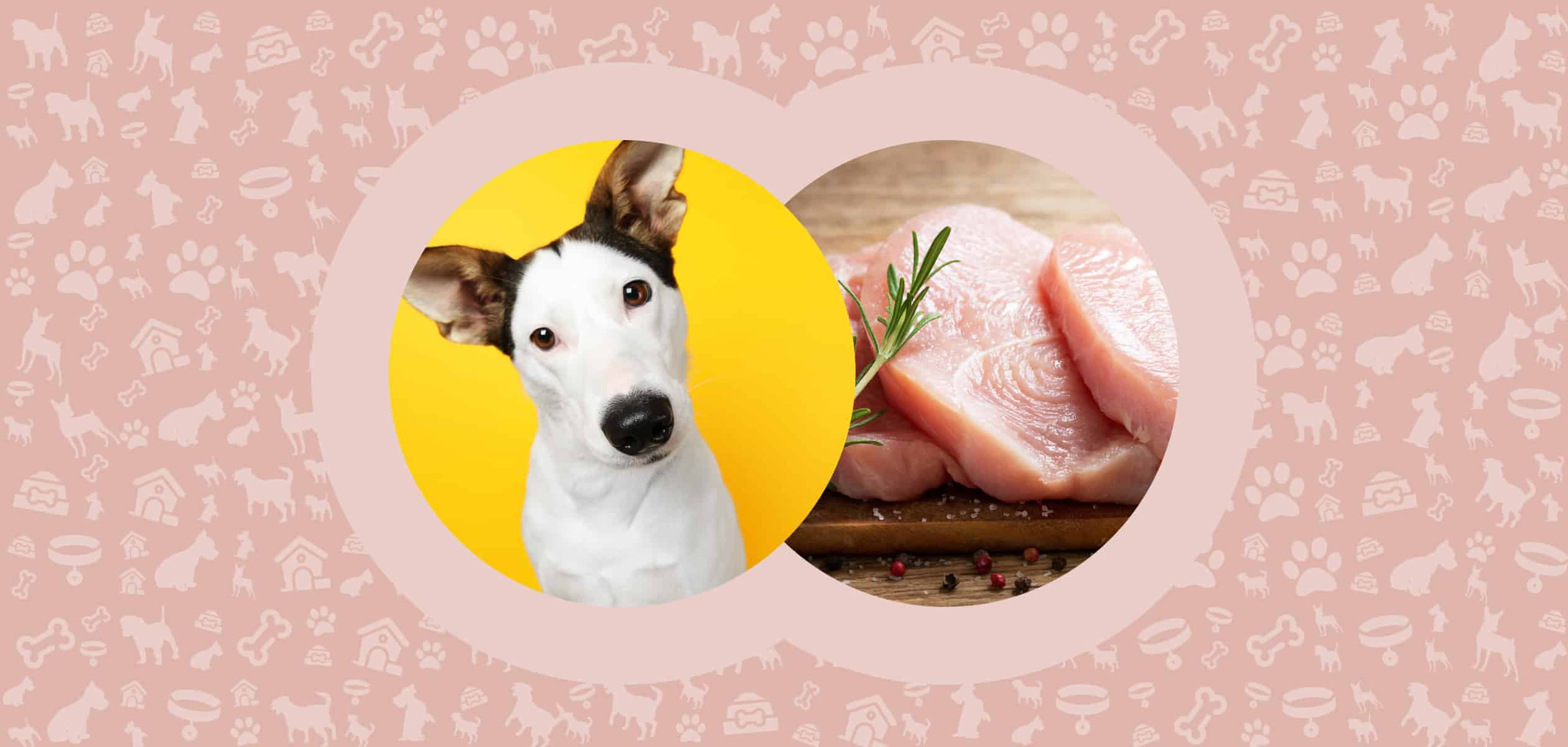
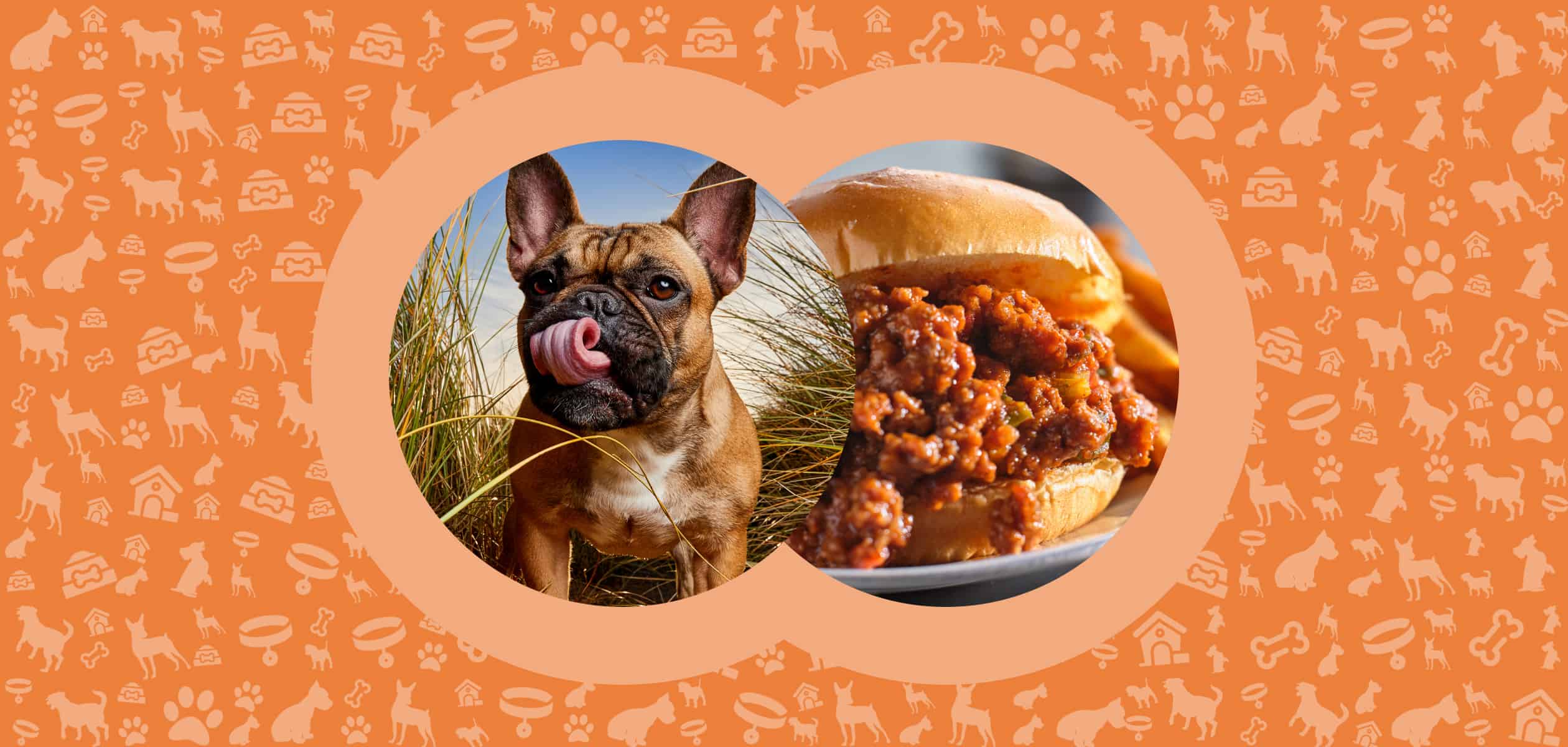
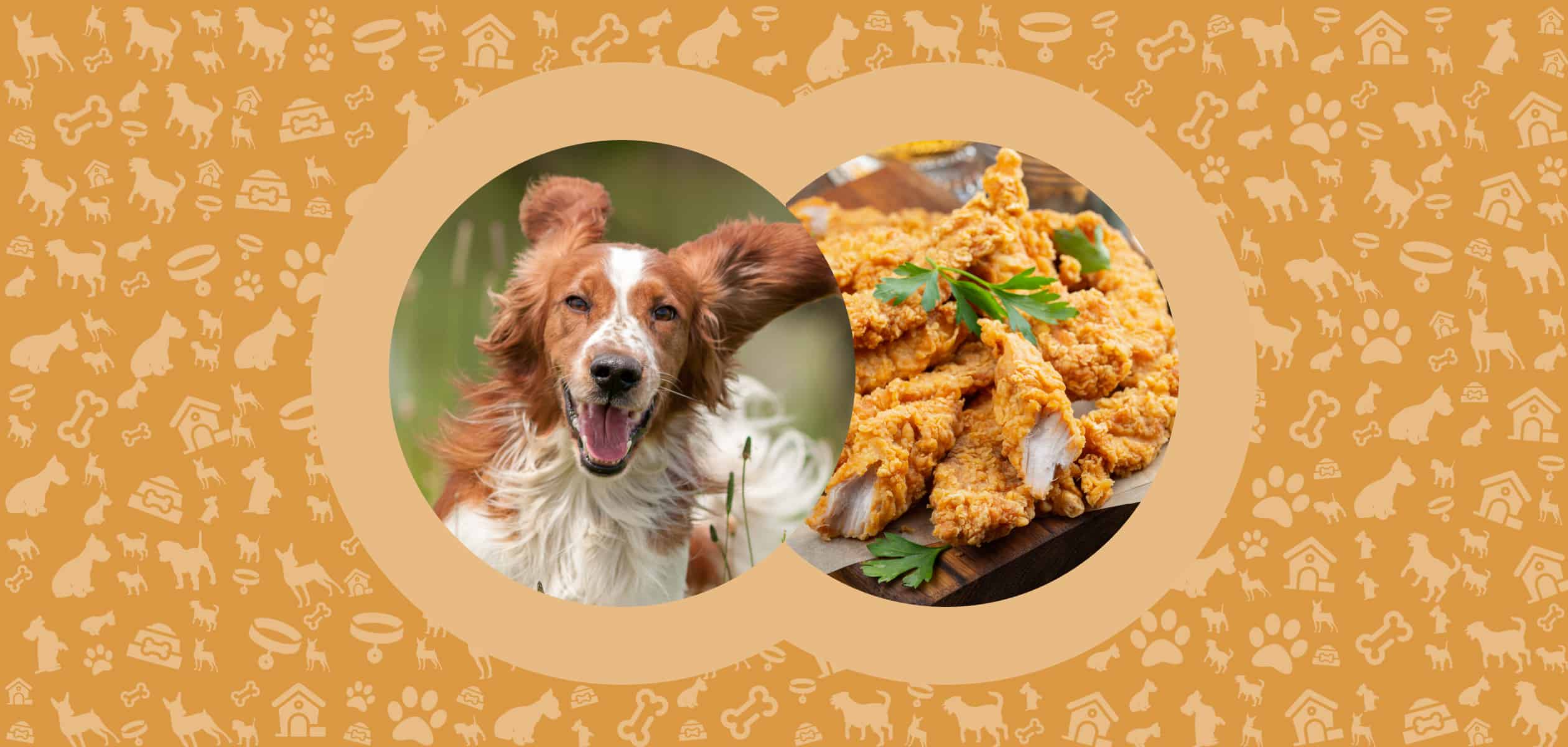
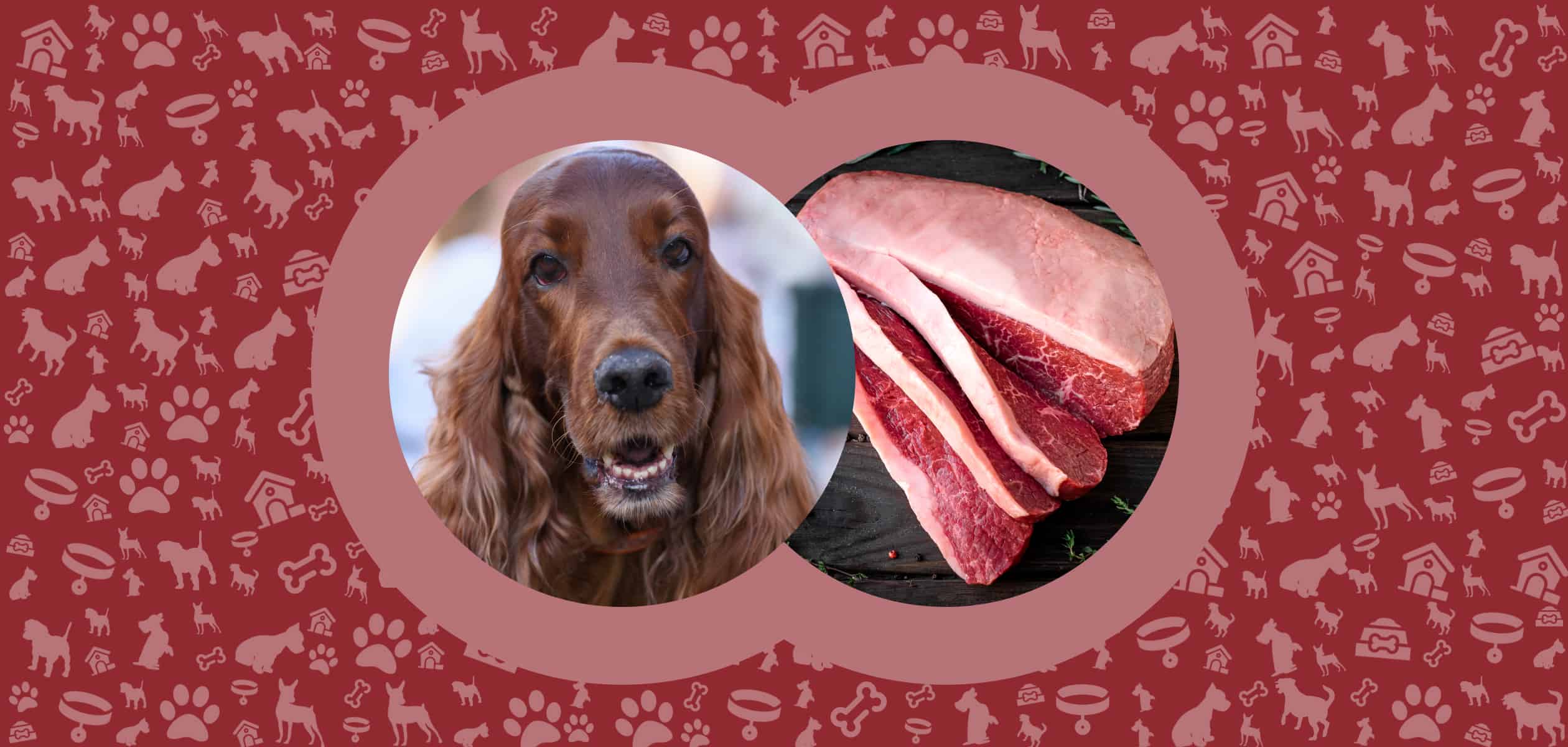
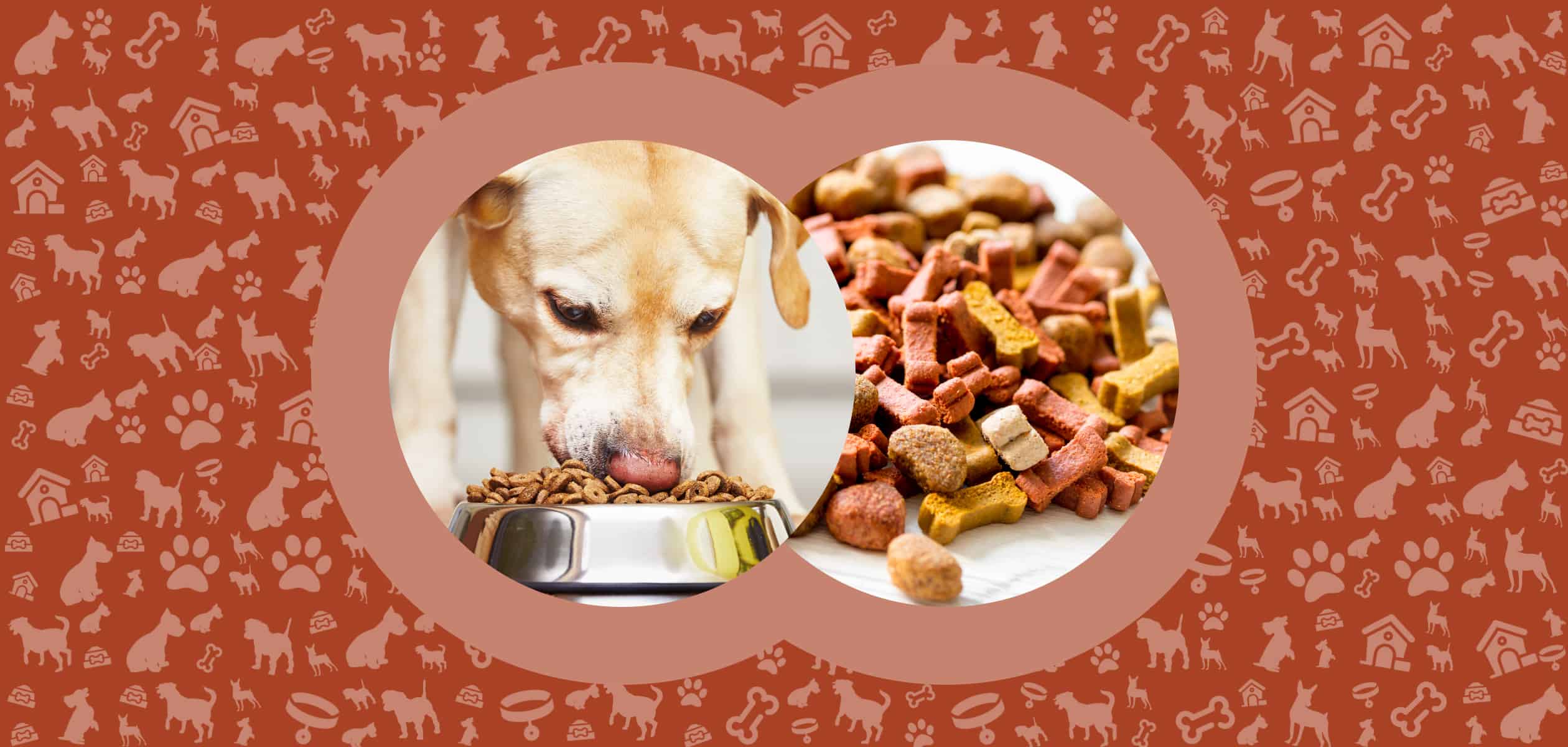
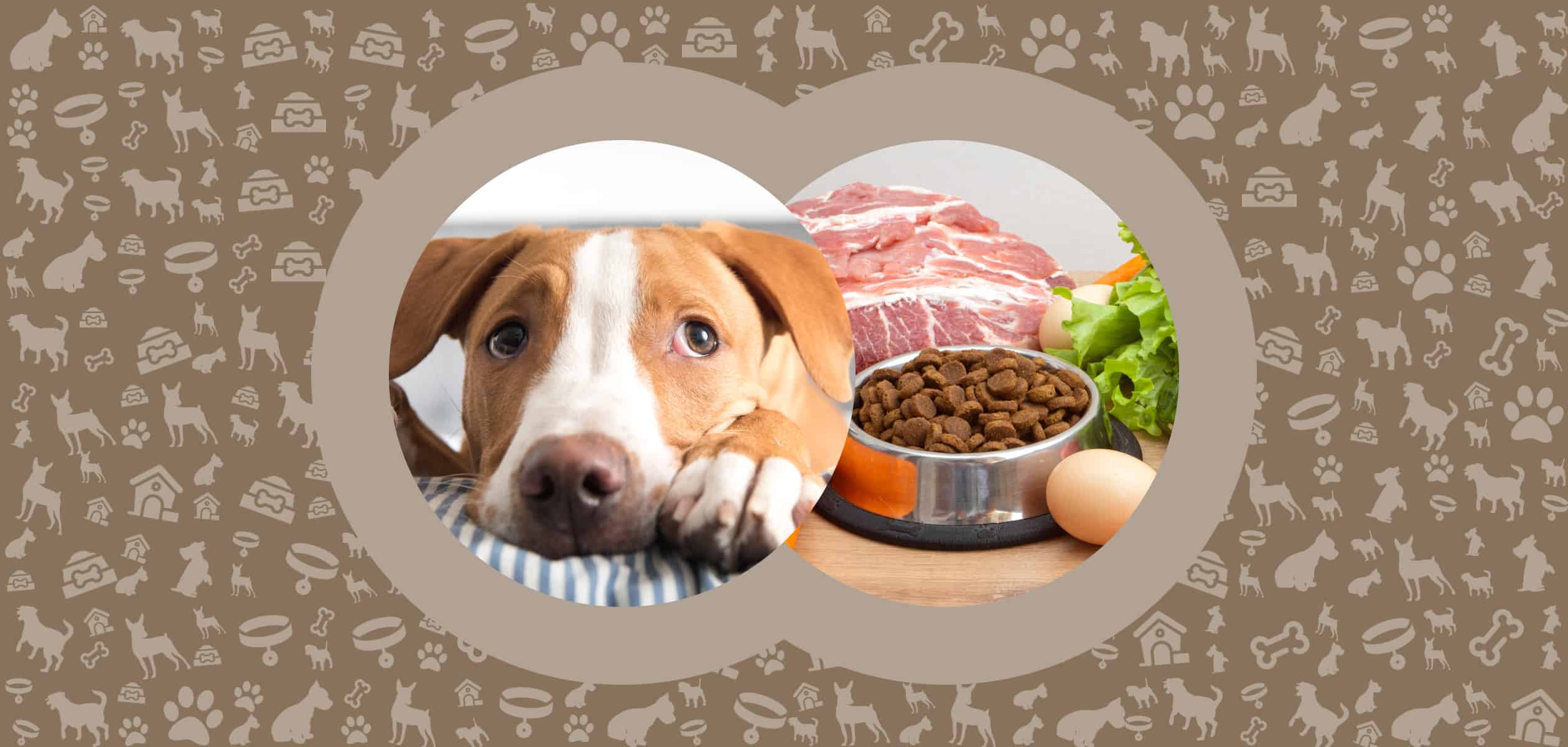
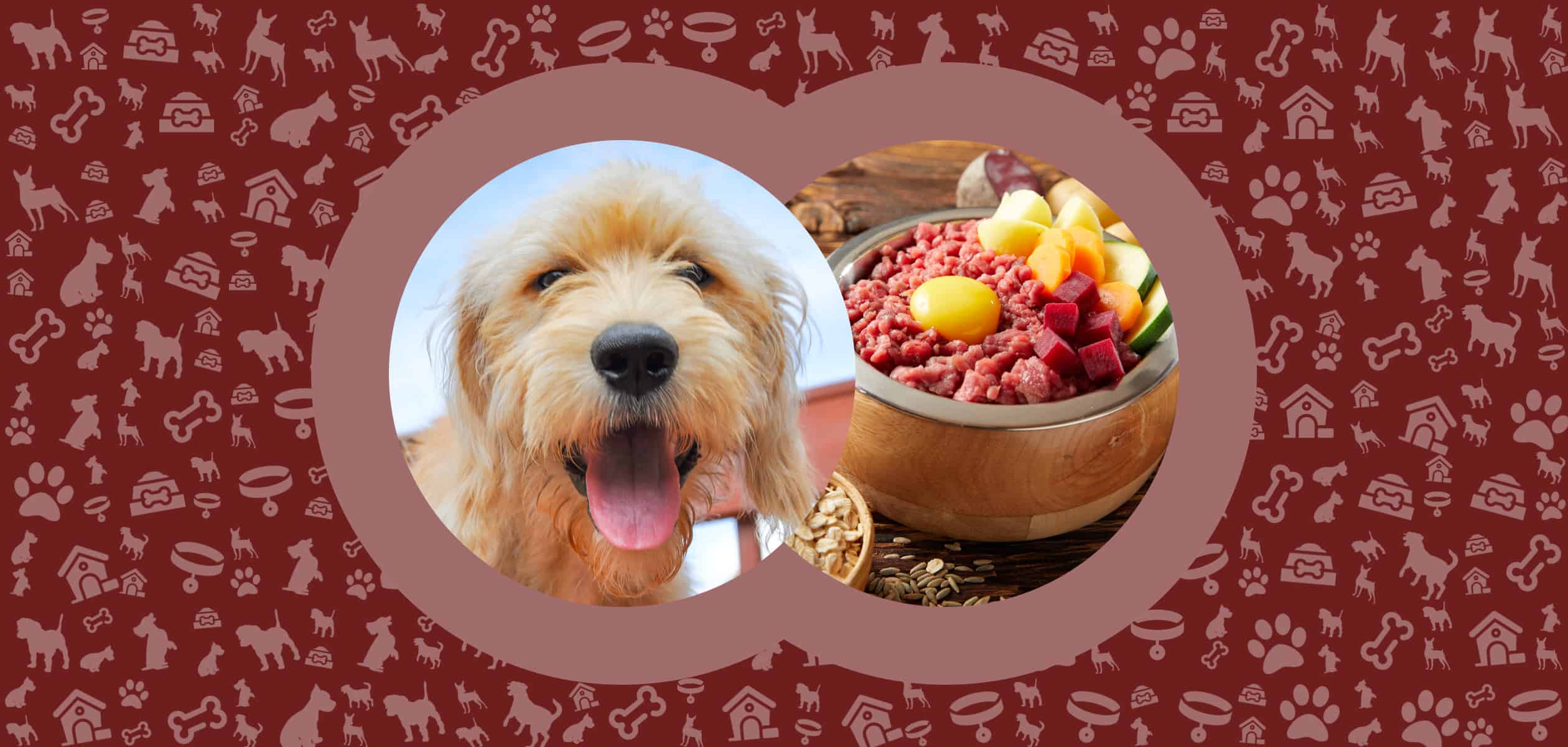
Leave a Comment